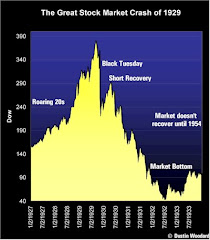The bailout will go mainly to States. They have seen their revenues fall dramatically over the past couple of years as a result of this economic crisis. The States like all governments, Canadian and American, local, state and federal have as the largest single expense, their employees. At cities the cost of employees is about 50% of taxes, in hospitals it is about 70% and almost 80% at the university level.
The bailout has been met with wide skepticism.
One critic is that the funding is designed to provide the Democrats with additional sources of election funding in a difficult election year. Proposed Union Bailouts: A Means to Buy Union Votes?
“Unions have made no bones about their upcoming involvement in the midterm elections of 2010. In short, unions are scared to death that they will lose their grip on their control of the House and the Senate unless they spend tens of millions of dollars and force their members to campaign for Democratic incumbents.”
The very idea that the taxpayers may shoulder the burden of the bailout package — only to find out that they are indirectly funding Democratic campaigns — is likely to be more than than most taxpayers can bear.
The general level of non-confidence in the whole North American political and economic system is giving rise to much discussions about the major changes that are required.
How public worker pensions are too rich for New York's - and America's - blood
The Tax revolt Files
'Glenn Beck': Addicted to Spending
Newsweek - Public Enemy No. 1: Civil Servants?
Part One - WSJ Video
Congressional Cash Giveaway to Unions and their Pensions
Part Two - WSJ Video
Bill Tufts
Fair Pensions For All



No comments:
Post a Comment